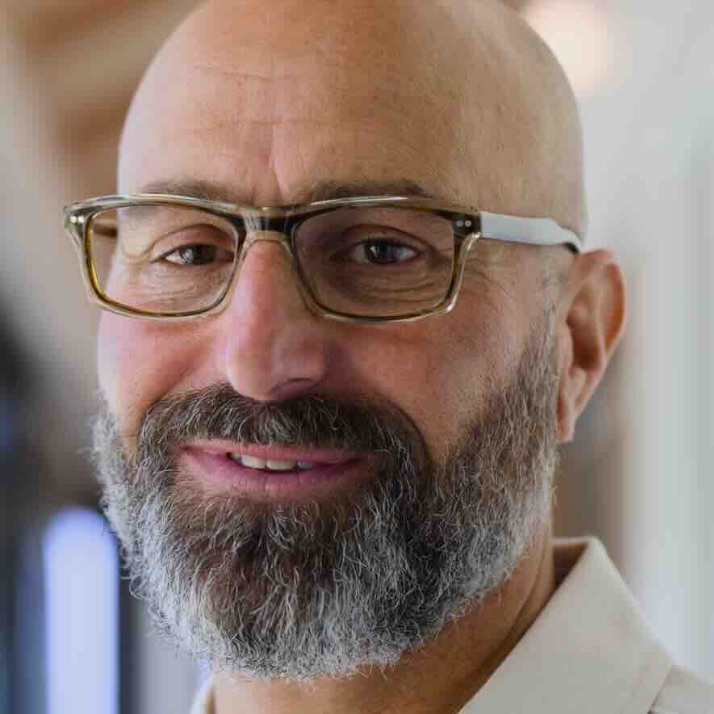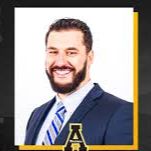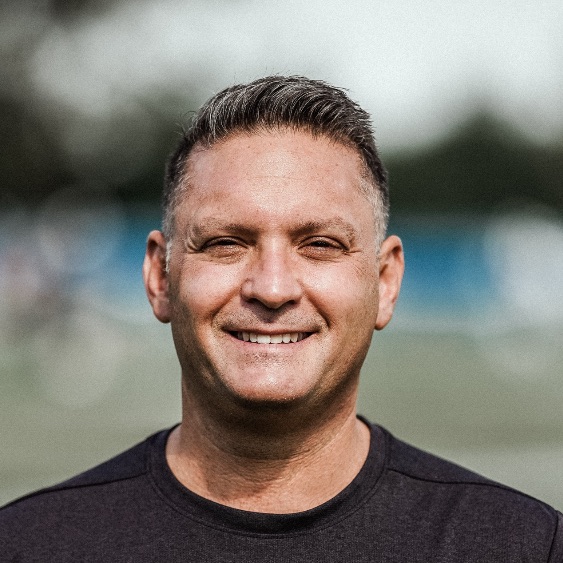Starting Your Gambling Therapy Journey in St. Louis
Starting your gambling therapy journey in St. Louis begins with MiResource’s directory, where you can quickly search licensed therapists across the metro area—from Downtown and Central West End to St. Louis County and nearby Illinois suburbs. Use filters to narrow by therapy approach (CBT for gambling, motivational interviewing, family systems), specialty in gambling disorder, languages, and cultural competencies. You can also filter by insurance accepted (including Medicaid/Mo HealthNet and major commercial plans), sliding-scale options, and telehealth vs. in-person availability. This makes it easy to find providers close to home or along your commute, improving accessibility and follow-through.
MiResource’s real-time availability and appointment request tools help you book sooner, compare openings, and align sessions with your schedule. Location-based filters and map views support choosing a therapist who understands local communities, faith traditions, and the sports and entertainment context that can influence gambling triggers in St. Louis. Finding someone nearby reduces travel barriers, increases consistency, and supports a better cultural fit—key to long-term progress. Start by entering “St. Louis” in the MiResource search bar, apply your filters, review detailed profiles, and message or request an appointment with the best match.
Mental Health Resources for Gambling in St. Louis
If you’re concerned about problem gambling, help is available across St. Louis—from crisis response to ongoing therapy. Many organizations offer counseling, peer support, and referrals for gambling-related stress, debt, and co‑occurring mental health needs. Explore these options below, and remember you can use MiResource to find licensed Gambling addiction therapists in St. Louis tailored to your preferences.
Emergency & Crisis
- Call 911 for life-threatening emergencies.
- 988 Suicide & Crisis Lifeline (24/7)
- Barnes-Jewish Hospital Emergency Department (Central West End)
- SSM Health Saint Louis University Hospital Emergency Department (Midtown)
- Mercy Hospital St. Louis Emergency Department (West County)
Public & City Programs
- Missouri Dept. of Mental Health – Division of Behavioral Health (treatment, crisis, problem gambling resources)
- Access Crisis Intervention (regional 24/7 line via BHR)
- City of St. Louis Department of Health – Behavioral Health
- Behavioral Health Response (BHR) – 24/7 crisis line and mobile outreach
Nonprofits & Support Groups
- NAMI St. Louis (classes, support, referrals)
- DBSA Greater St. Louis (peer-led support groups)
- Gamblers Anonymous – St. Louis meetings
- Gam-Anon (support for family/friends)
- Missouri Alliance to Curb Problem Gambling addiction (helpline/resources)
Health Systems & Universities
- Washington University Psychiatry / Barnes-Jewish Hospital
- BJC Behavioral Health
- SSM Health Behavioral Health (St. Louis)
- Mercy Behavioral Health St. Louis
- UMSL Community Psychological Service (sliding-scale therapy)
- Saint Louis University Center for Counseling and Family Therapy
Community Clinics/Sliding-Scale
- Affinia Healthcare (FQHC) – Behavioral Health
- CareSTL Health (FQHC)
- Betty Jean Kerr People’s Health Centers (FQHC)
- Family Care Health Centers (FQHC)
- Places for People (community mental health)
- Adapt of Missouri (community mental health)
- Compass Health Network (regional CMHC)
Use MiResource to search and match with licensed Gambling addiction therapists in St. Louis based on your needs, insurance, and availability.
The Benefits of Seeing a St. Louis-Based Gambling Therapist
A St. Louis therapist who specializes in gambling brings local insight that can make treatment more practical and effective. They understand how triggers show up in everyday life here—Cardinals games at Busch Stadium, Blues nights at Enterprise Center, or Soulard Mardi Gras—and can help you plan around them. In-person sessions near where you already spend time (Central West End by Barnes-Jewish and Forest Park, The Grove, Clayton, Delmar Loop, or Downtown) fit easier into a workday or class schedule, with options to ride MetroLink (Central West End, Cortex, Delmar, Shrewsbury-Lansdowne I-44, Clayton) or MetroBus from the Civic Center Transit Center. Many offices offer validated garage parking around the medical campus, street parking in Maplewood or Tower Grove, and quick I‑64/40, I‑44, I‑55, and I‑70 access for commuters from St. Charles, South County, or the Metro East. Local clinicians also reflect the region’s cultural mix and neighborhood identities, helping you navigate family expectations, faith communities, and social settings in places like South Grand or Cherokee Street without isolating from your support system.
St. Louis has a strong network to complement therapy: the Missouri Alliance to Curb Problem Gambling addiction ’s 24/7 helpline 888-BETS-OFF with referral to certified counselors and free supports, Gamblers Anonymous meetings across the metro area , and community programs through libraries and nonprofits that offer financial literacy, debt counseling, and job support. Major health systems (e.g., Washington University Psychiatry/BJC near the Central West End MetroLink) provide coordinated care and psychiatry when needed , while crisis support is available 24/7 via 988 and Behavioral Health Response. A locally connected therapist can loop you into these resources, suggest meeting locations along your daily route, schedule evening or lunchtime appointments, and even coordinate with family or faith leaders, making sustained recovery more accessible in the rhythms of St. Louis life.
Understanding Gambling
Gambling addiction involves risking money or valuables on uncertain outcomes and can feel exciting, social, stressful, or overwhelming depending on habits and experiences. If you’re navigating it in St. Louis, know that many people share these ups and downs and support is available to help you understand your relationship with it.
About Gambling
Gambling addiction means risking money or valuables on games, bets, or chances hoping to win more. Common signs include thinking about gambling a lot, betting more than planned, hiding losses, chasing losses, and feeling stressed or guilty afterward. It can strain relationships, cause money problems, affect sleep and mood, and make it hard to focus at work or school in St. Louis. For more details and help, visit our Gambling addiction page.
How Therapy Can Help with Gambling
Therapy can help you understand the roots of gambling urges, build healthier coping skills, and regain control of your time, money, and relationships in St. Louis. Evidence-based approaches like cognitive behavioral therapy (CBT), motivational interviewing, and relapse-prevention planning reduce cravings, challenge harmful thoughts, and create concrete strategies for high-risk situations. Many people also benefit from contingency management and family or group support to rebuild trust and strengthen accountability. With the right support, you can restore stability, improve mood and sleep, and move toward a more balanced, fulfilling life.
Inside the Gambling Therapy Process
In your first session, we’ll review your gambling history, triggers, finances, and goals, then create a clear plan together—in St. Louis or via telehealth—to guide next steps. Ongoing therapy often uses evidence-based approaches like Cognitive Behavioral Therapy (to challenge thinking traps and build coping skills), Motivational Interviewing (to strengthen motivation and resolve ambivalence), Acceptance and Commitment Therapy (to help you act on values despite urges), and relapse-prevention planning (to spot high‑risk situations and protect finances); these methods are tailored to your needs. Sessions focus on practicing urge-management strategies, repairing routines and relationships, and building sustainable safeguards. Throughout, therapy is a collaborative partnership where you and your therapist make decisions together and adjust the plan as your recovery evolves.
Common Questions About Gambling Therapy in St. Louis
How can I tell if I should see a Gambling addiction therapist?
Consider therapy if Gambling addiction is causing money problems, strained relationships, or trouble focusing at work or school, or if you’re hiding betting or chasing losses. If you’ve tried to cut back and can’t, or you’re using Gambling addiction to cope with stress, anxiety, or loneliness, professional help can make a difference. Frequent urges, preoccupation with bets, or feeling irritable when you can’t gamble are also signs. A Gambling addiction therapist in St. Louis can help you assess what’s going on and build a plan that fits your life.
What if the first Gambling addiction therapist I see in St. Louis isn’t the right fit?
It’s normal to try a therapist and realize the style, pace, or personality isn’t right for you, especially with Gambling addiction concerns. The connection you feel—safety, respect, and collaboration—is a big part of progress, so trust your instincts after a few sessions. You can kindly share what isn’t working and switch without guilt. MiResource makes it easier to find another St. Louis therapist by matching you with providers who fit your needs, preferences, and schedule.
Is virtual Gambling addiction therapy effective?
Yes—studies show online therapy can be as effective as in-person care for Gambling addiction , especially with approaches like cognitive behavioral therapy and motivational interviewing. Virtual sessions offer convenience, privacy, and easier access between work or family commitments. In-person therapy can feel more structured and may reduce distractions for some people. The best choice is the one you’ll stick with—many in St. Louis use a mix of both.
What should I ask when choosing a Gambling addiction therapist in St. Louis?
Ask about their experience treating Gambling addiction, any specialized training or certifications, and which methods they use (for example, CBT, motivational interviewing, or relapse-prevention planning). Discuss how they help with urges, high-risk situations, and repairing financial or relationship harms. Clarify practicals: availability, session length, fees, insurance, telehealth options, and how often you’ll meet. You can also ask how they measure progress, involve loved ones if desired, and coordinate with local St. Louis resources like support groups or financial counseling.
Does Gambling addiction therapy really help?
Yes—research shows that evidence-based therapies for Gambling addiction reduce urges, cut down time and money spent gambling, and improve mood and relationships. Approaches like CBT and motivational interviewing help you understand triggers, build coping skills, and prevent relapse, and some people benefit from medication for co-occurring anxiety, depression, or ADHD. Many clients see meaningful progress within weeks to months, with continued gains over time. With consistent support, people in St. Louis routinely regain control and rebuild confidence.













